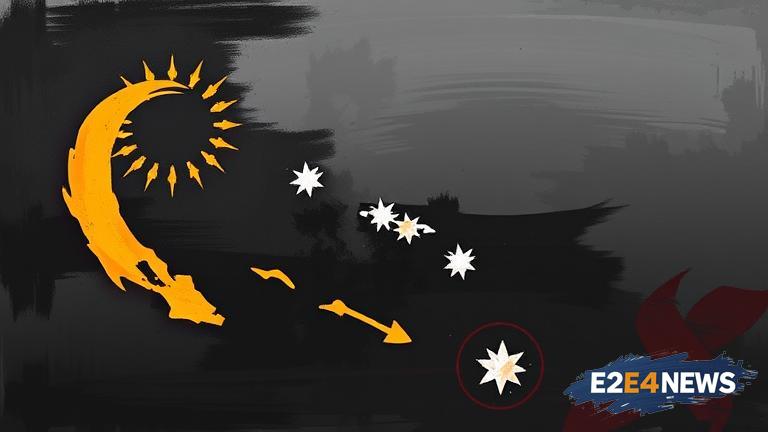The HIV/AIDS epidemic in Papua New Guinea is a growing concern, with the country having one of the highest rates of infection in the Asia-Pacific region. According to recent statistics, there are over 50,000 people living with HIV in Papua New Guinea, with many more at risk of infection. The government is being urged to take immediate action to combat the epidemic, including increasing funding for HIV prevention and treatment programs. Despite the efforts of health organizations and NGOs, the epidemic continues to spread, with many people unaware of their status or unable to access treatment. The stigma surrounding HIV/AIDS is also a major issue, with many people afraid to come forward for testing or treatment due to fear of discrimination. The government is being called upon to implement policies to reduce stigma and promote awareness and education about HIV/AIDS. This includes providing accurate and comprehensive information about the disease, as well as promoting safe sex practices and condom use. Additionally, the government is being urged to increase access to antiretroviral therapy (ART) and other treatments, as well as to improve the quality of care for people living with HIV. The private sector is also being encouraged to get involved in the fight against HIV/AIDS, by providing funding and resources for prevention and treatment programs. Furthermore, the government is being urged to address the social and economic factors that contribute to the spread of HIV, such as poverty and lack of access to education and healthcare. The epidemic is having a disproportionate impact on certain groups, including sex workers, men who have sex with men, and people who inject drugs. These groups are often marginalized and stigmatized, making it difficult for them to access services and support. The government is being called upon to implement targeted interventions to reach these groups and provide them with the support and services they need. The international community is also being urged to provide support and assistance to Papua New Guinea in its efforts to combat the epidemic. This includes providing funding and technical assistance, as well as sharing best practices and expertise. The fight against HIV/AIDS is a long-term one, and it will require sustained commitment and effort from all stakeholders. However, with the right policies and interventions in place, it is possible to turn the tide of the epidemic and improve the health and wellbeing of people living with HIV in Papua New Guinea. The government is being urged to take a comprehensive and multi-sectoral approach to addressing the epidemic, including involving all relevant ministries and departments. This includes the Ministry of Health, as well as the Ministry of Education and the Ministry of Community Development. The private sector and civil society organizations are also being encouraged to get involved, by providing funding and resources for prevention and treatment programs. Additionally, the government is being urged to increase access to voluntary counseling and testing (VCT) services, as well as to promote the use of condoms and other prevention methods. The epidemic is a major public health concern, and it requires a coordinated and sustained response from all stakeholders. The government is being called upon to demonstrate its commitment to addressing the epidemic, by providing adequate funding and resources for prevention and treatment programs. The international community is also being urged to provide support and assistance, including funding and technical assistance. With the right policies and interventions in place, it is possible to make significant progress in the fight against HIV/AIDS in Papua New Guinea.





